Programme to improve disability awareness needs support

Pamenus Tuso
Due to ancient cultural beliefs, some parents and relatives of physically challenged children in Zimbabwe sometimes confine their children indoors for fear of ridicule from society.
In the process, these parents and guardians deprive these children of their rights to education, association and movement. According to the United Nations Convention on the Rights of Children and the Zimbabwe Constitution, all children are entitled to education among other fundamental rights.
These “cursed” children who spend most of their time locked up indoors often encounter numerous prejudicial barriers within their own communities as well as public institutions like schools and hospitals.
After realising this glaring gap, various stakeholders including Save the Children, an international non-governmental organisation which promotes children’s rights, Leonard Cheshire-Disability Zimbabwe and Government have launched a programme to improve disability awareness and facilities in the country.
The programme, Inclusive Education Project, is being implemented in eight districts across the country.
The implementing districts are Matobo, Beitbridge, Hwange, Gokwe North, Gokwe South, Mbire and Rushinga in Mashonaland Central province.
Under this programme, communities in these districts have been sensitised on the importance of sending children with disabilities to school.
Following the successful launch of the programme, a resource centre for children with disabilities has already been set up at Mahuwe Primary School in Mbire.
More than six children are now enrolled at the school.
One of the pupils who has enrolled at the centre is 12-year-old visually impaired, Ernetty Date.
“One of the children we are supporting is 12-year-old Ernetty. For her to get where she is right now, she has faced two hurdles,” said Ms Yvonne Arunga, Save the Children Zimbabwe country representative.
Ms Arunga said because of her physical challenges, Ernetty’s family and community could not assist her to go to school.
“The second challenge was getting her to learn how to read and be at the level she is now despite her being visual impaired. Ernetty has impressed us but I worry that there are still so many hurdles that she has to cross. One thing that comes with disability of our children is great vulnerability,” said Ms Arunga.
Ernetty is one of the physically challenged children who are accommodated at teachers’ houses in an informal boarding school set up that is part of the inclusive education project.
The children who are enrolled at Mahuwe Primary school rely on the benevolence of local teachers who take care of them at no extra cost.
“One of the challenges we face these days is that a lot of support for our children now hinges on goodwill. Goodwill from the very supportive teachers. For instance, at Mahuwe, there’s a teacher who supports 10 children. There is also another teacher who lives with visual impaired children at her home because they cannot travel to their homes and came back every day,” said Ms Arunga.
She implored the Government through the Ministries of Education and Finance to make sure that all funding availed to schools should also address disability challenges in schools such as the training of disability teachers and infrastructure development.
“We need to be completely confident as a country that the funding that is availed towards schools is actually going towards an enabling environment for children with disabilities. At school level, we need teachers who are trained to maximise the teaching efforts for disabled children. We also need to closely assess the hard aspects around schools like infrastructure. For example, are the classes accessible on a wheelchair?” she said.
At Chamnanga Primary School in Beitbridge district, brothers, Misheck and Adam Sibanda have also benefitted from the programme. They both received wheelchairs under the project.
A teacher at the school said the project has brought positive changes as more children with disabilities were now able to attend school.
“Now that we have the necessary facilities, we are hoping to enrol more students with disabilities. Under this project, we have also constructed disability-friendly toilets. We hope this will increase the number of children with disability especially girls being enrolled in schools,” said the teacher.
The siblings, whose father is late and mother is working in South Africa stay with their 18-year-old sister who has got a two year old child to look after as well.
Mr Martin James, Leonard Cheshire-Disability Zimbabwe programmes officer, said since the inception of the programme, the organisation has trained 1 355 community leaders in awareness campaigns in the eight districts that the programme is being implemented.
“When we get to a district, we work with what are called impact schools. At these schools, we first do what we call community sensitisation workshops where we train community leaders like chiefs, village heads and councillors on the importance of enrolling children with disabilities,” said Mr James.
He said his organisation is currently working with 146 schools throughout the country.
Leonard Cheshire-Disability Zimbabwe has done some infrastructure adaptations to classes and toilets in the schools.
“We have put ramps and pathways. We have also constructed toilets with wider doors and seats so that those children with disabilities can comfortably use them. We have also put rails in the toilets,” said the programmes officer.
The organisation has also trained some teachers on issues to do with disability as well as providing mobility devices to children with physical challenges.
“After infrastructure adoptions, we also conduct the training of teachers because sometimes they complain that they cannot handle issues to do with child disability. We just give them basic skills on how to identify children with disabilities. After they have identified them, they call us and we assess the children’s needs and provide where we can,” said Mr James.
Since last year, the organisation has facilitated specialist medical assessments for 464 children while a total of 22 children were provided with spectacles.
While the monetary and material interventions are positive, Ms Arunga strongly believes that the numerous challenges facing physically challenged children can only be addressed by attitude changes.
“The issue of children with disabilities goes beyond whatever assistance; it goes beyond wheelchairs and spectacles. There is need for love and inclusivity. These children are like any other children in our society. I am urging everyone to love and afford them equal opportunities,” said Ms Arunga.
In some rural areas, when a child is born with one or more disabilities, the phenomenon is still viewed as a tragic event or even a curse on the family.

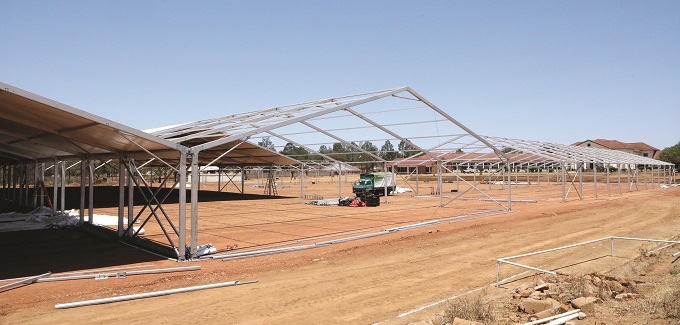
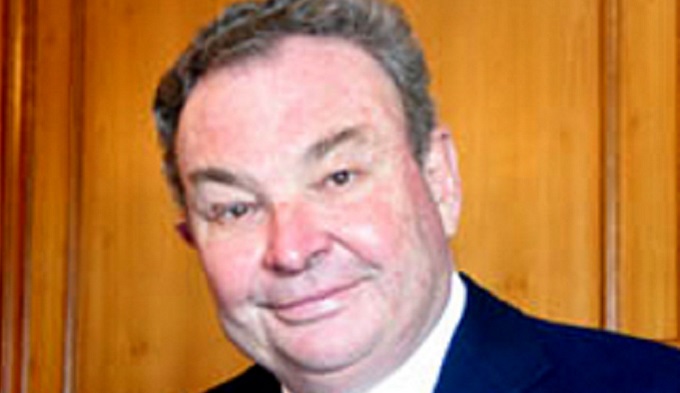
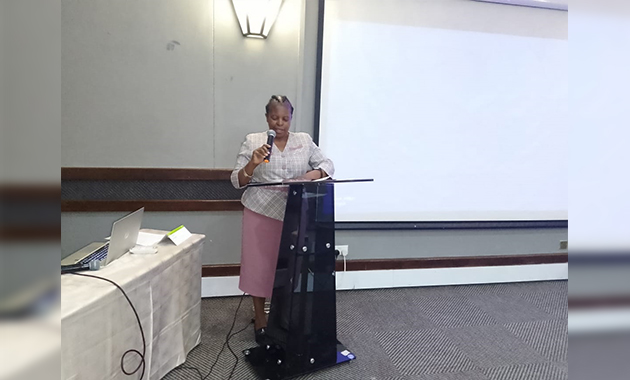
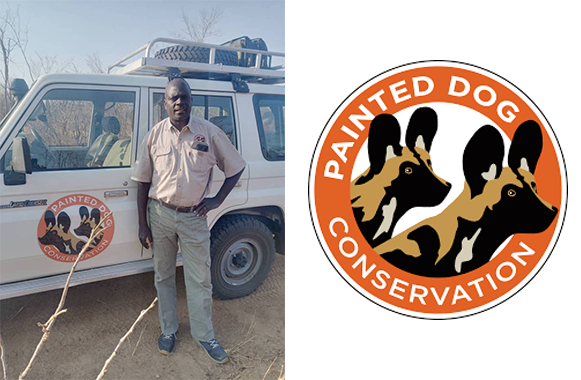
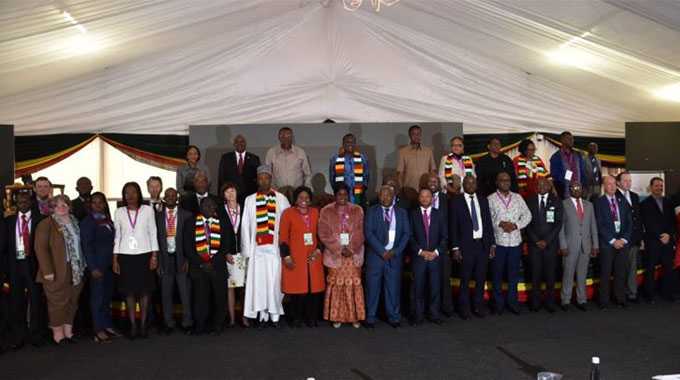




Comments